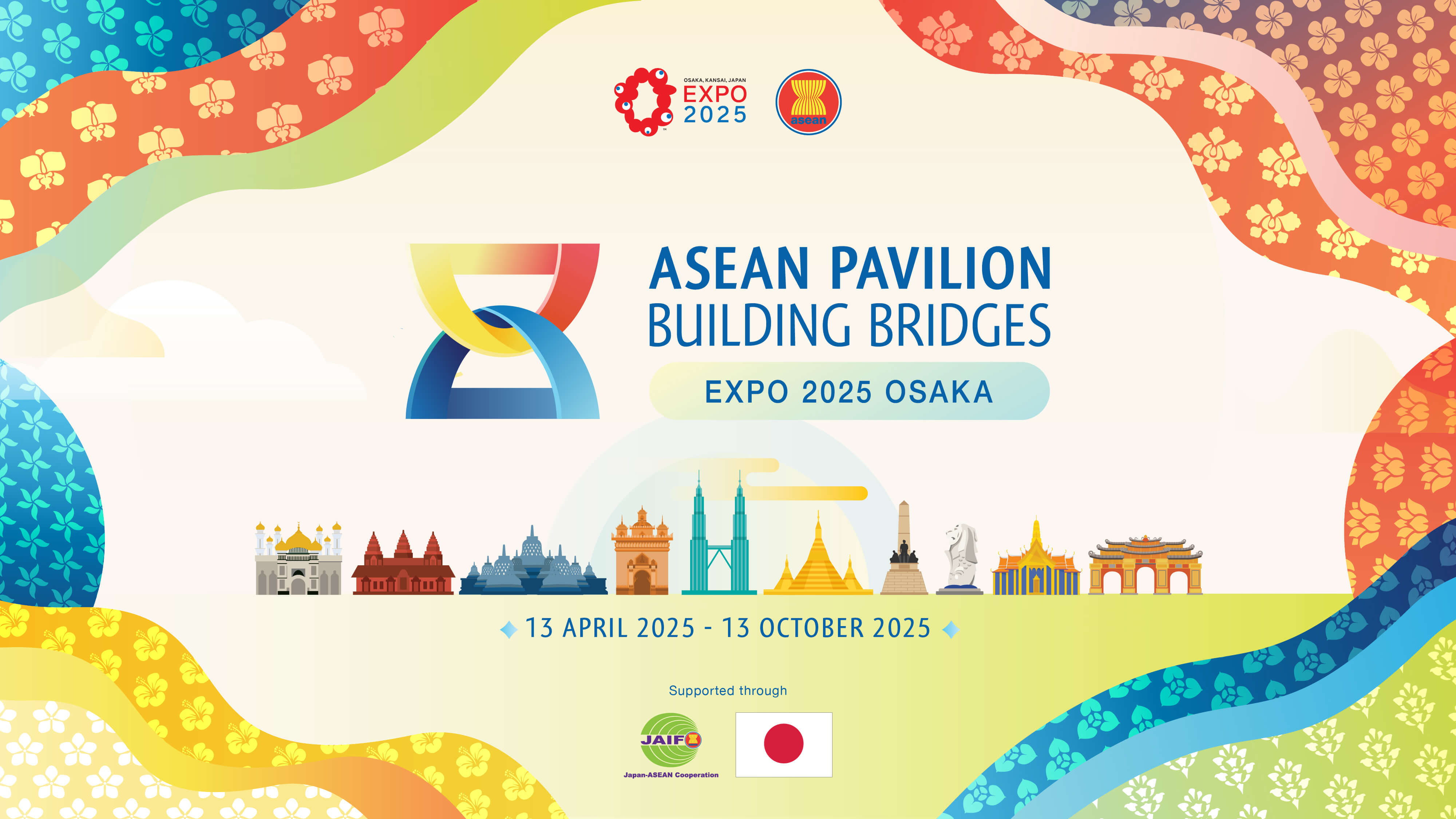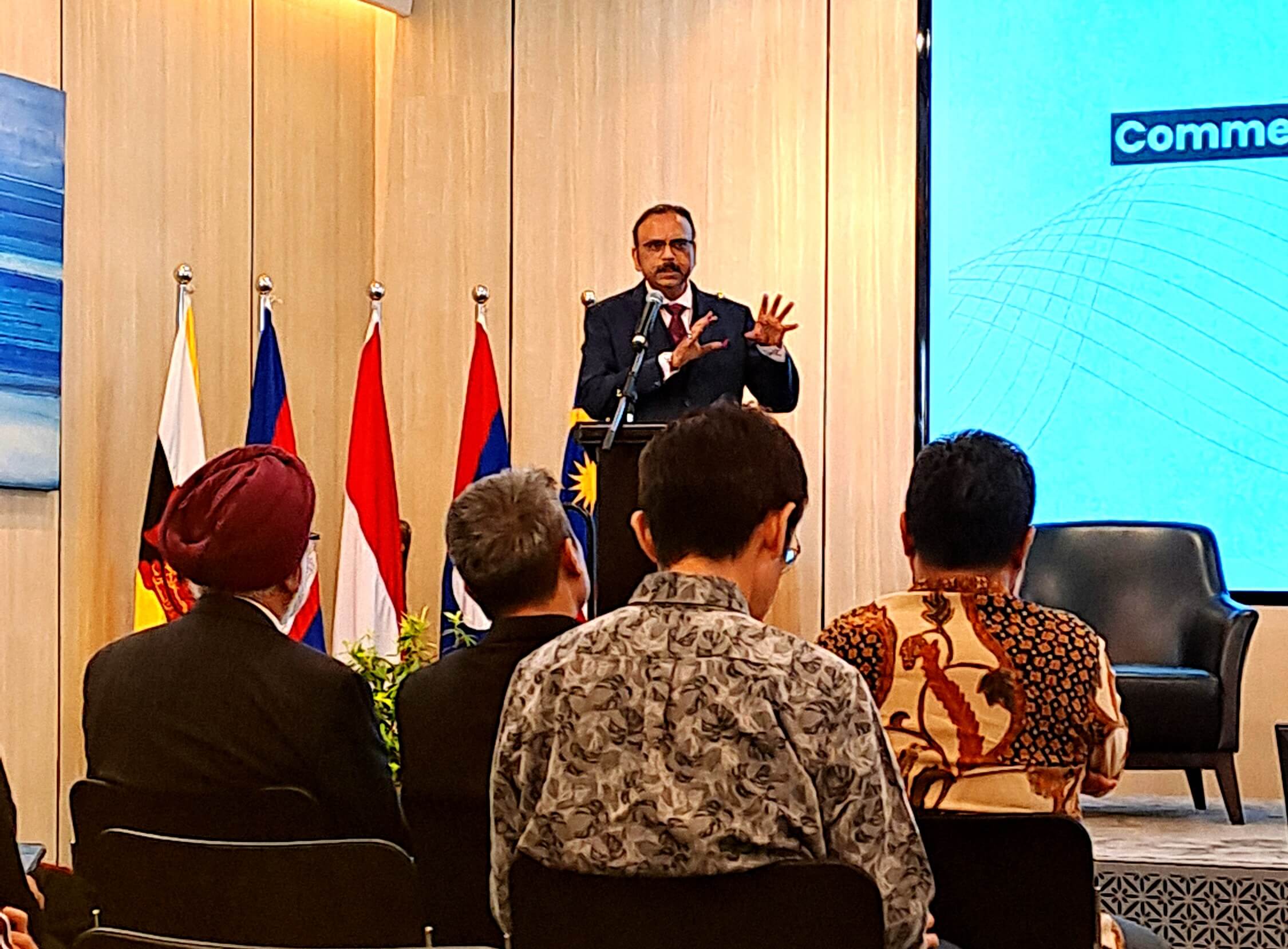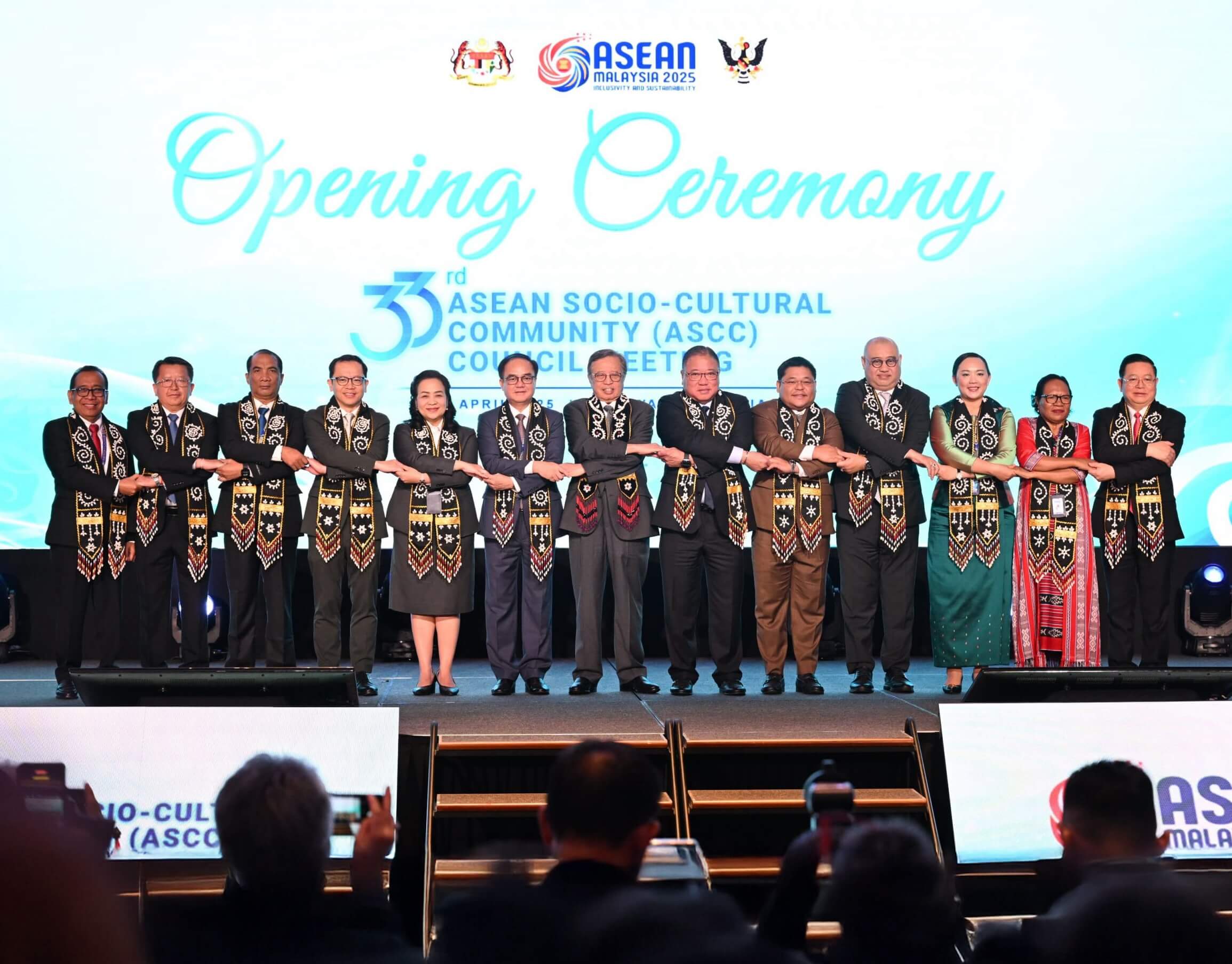



The COVID-19 pandemic has been the worst crisis in living memory, with its impact falling on almost, if not all, aspects of people’s lives. However, for some, especially the vulnerable, the effects feel disproportionately greater, both in terms of health and social-economic impact.
At the time of this writing, there are more than ten million reported COVID-19 cases in the ASEAN region. The pandemic is estimated to push an additional 5.4 million Southeast Asians into extreme poverty. At the same time, more than 150 million youth in ASEAN are affected by disruptions in education that could potentially lead to long-term learning losses or higher school dropout rates. The pandemic’s complex and multifaceted impact requires comprehensive responses at all levels. It portends future crises and underscores the need to prevent them to mitigate risks.
ASEAN has pushed forward several efforts to tackle the issues associated with the COVID-19 pandemic. One of them is the Partnership Conference on Advancing the Implementation of ASEAN Culture of Prevention (CoP) Focusing on Post Pandemic Recovery. The aim was to learn from best practices on how to grow a preventive mindset among ASEAN citizens to address challenges that hamper sustainable, human and social developments as the region moves towards a sustainable and resilient recovery.
The conference was held on 26 August 2021 and successfully gathered more than 130 experts, policy-and change-makers from various institutions including governments, ASEAN institutions, private sector, academic institutions and think tanks, civil society organisations (CSOs), UN and international development agencies to find potential areas of collaboration.
At the 31st ASEAN Summit in 2017, the ASEAN Leaders adopted the Declaration on the Culture of Prevention for a Peaceful, Inclusive, Resilient, Healthy and Harmonious Society and put in place its Regional Plan of Action. The plan laid out 20 key priorities across six strategic thrusts to inculcate the values of moderation, and promote a culture of peace and intercultural understanding, respect for all, good governance, resilience and care for the environment, as well as a healthy lifestyle. A total of 131 policy and projects initiatives have either been implemented, are ongoing or upcoming.
ASEAN Secretary-General Dato Lim Jock Hoi highlighted at the conference that the CoP can provide a timely and comprehensive framework for regional interventions to address multiple issues.
First, the CoP advocates the importance of shifting from a mindset of reaction to one of prevention through the use of an evidence-based upstream approach (addressing the root cause of the problem), utilising data and trend analysis, risk assessment, forecasting, and early warning mechanisms, among other response methods. Second, the CoP promotes upstream and cross-sectoral interventions that can address a multitude of challenges while fostering coordination and a multidimensional approach. And third, it complements other regional efforts towards a post-pandemic recovery, including the ASEAN Comprehensive Recovery Framework (ACRF) and its implementation plan. The ACRF serves as a consolidated strategy for ASEAN sectoral bodies and stakeholders to identify and coordinate on the most relevant initiatives to support the region’s recovery.
The implementation of the CoP has been streamlined through the work of 15 ASEAN sectoral bodies under the ASEAN Socio-Cultural Community with seven sectoral bodies leading CoP’s six strategic thrusts. At the conference, the CoP leads and co-leads have highlighted some potential areas for multi-stakeholders collaborations in response to the pandemic’s impact. These areas include the creative industries, social protection responses and inclusive resilience plans, civil service’s adaptability to the new challenges, youth leadership and resilient infrastructure in response to disaster risks, healthy lifestyles and enhancement of health systems, media literacy and access to accurate information, as well as addressing fake news through education.
The CoP is not solely the work of the ASEAN governments. In fact, “prevention” has been at heart of the work of multiple stakeholders who tackle prolonged social problems. As Hajah Nor Ashikin binti Haji Johari, the Senior Officials for Culture and Arts (SOCA) Chair of Brunei Darussalam and the ASEAN Chair of the Working Group on ASEAN Culture of Prevention emphasised, learning best practices from external entities will also support ASEAN find a more coordinated and comprehensive approach to develop effective upstream preventive policies and initiatives in the post-pandemic era.
According to the Corruption Perceptions Index (CPI) 2020, a lack of transparency in the allocation of resources weakens the efficiency of crisis responses. Dr. Torplus Yomnak, an assistant professor at the Faculty of Economics, Chulalongkorn University and Fellow of the Rule of Law and Development Programme, Thailand Institute of Justice, illustrated how digital technology could be tapped to promote the value of good governance among young people in school. The “We the Students” platform allows students to crowdsource school data and improve the quality of the study environment, and increase efficiency and transparency in their schools.
Beyond the health crisis, the pandemic has given us a glimpse of future risks. Southeast Asia’s geography makes it prone to climate-induced disasters that can put a significant strain on the region’s resources, including food, water and energy security. Scarcity of much-needed resources may become a vector of social instability and violence. Kaveh Zahedi, Deputy Executive Secretary for Sustainable Development at the UN Economic and Social Commission for Asia and the Pacific, suggested these five entry points under the framework of the CoP: (i) building resilience through disaster risk reduction system; (ii) moving beyond disaster response to a holistic approach of building resilience; (iii) promoting a comprehensive social protection system; (iv) building a resilient and accessible healthcare systems; and (v) encouraging multilateral approach to implementing the CoP.
Ng Zhen Yi from the LEGO Group demonstrated how the private sector can also serve as an agent of change, in the realm of business and in the development agenda. For example, the private sector can support social development by promoting responsible digital engagement with children, given the impact of COVID-19 on children’s digital exposure and usage. LEGO Group has done this through a number of current digital citizenship programmes, such as Online Heroes, Build & Talk, Captain Safety and the Online Heroes Crew, and #Boostup Campaign.
Former ASEAN Deputy Secretary-General for Socio-Cultural Community Kung Phoak pointed out that while some may perceive promoting a mindset of prevention as a high-cost proposition, the COVID-19 pandemic proves that responding to a crisis is costlier. The CoP could help minimise the impact of future crises if people become better prepared for unexpected challenges.
How can ASEAN help its people prevent a future crisis and mitigate its impact? The Partnership Conference on Advancing the Implementation of ASEAN CoP Focusing on Post Pandemic Recovery provided an excellent platform to seek answers and start the conversation. The challenge is to keep the discourse going and encourage further collaborations under the guiding principles of the Culture of Prevention.








